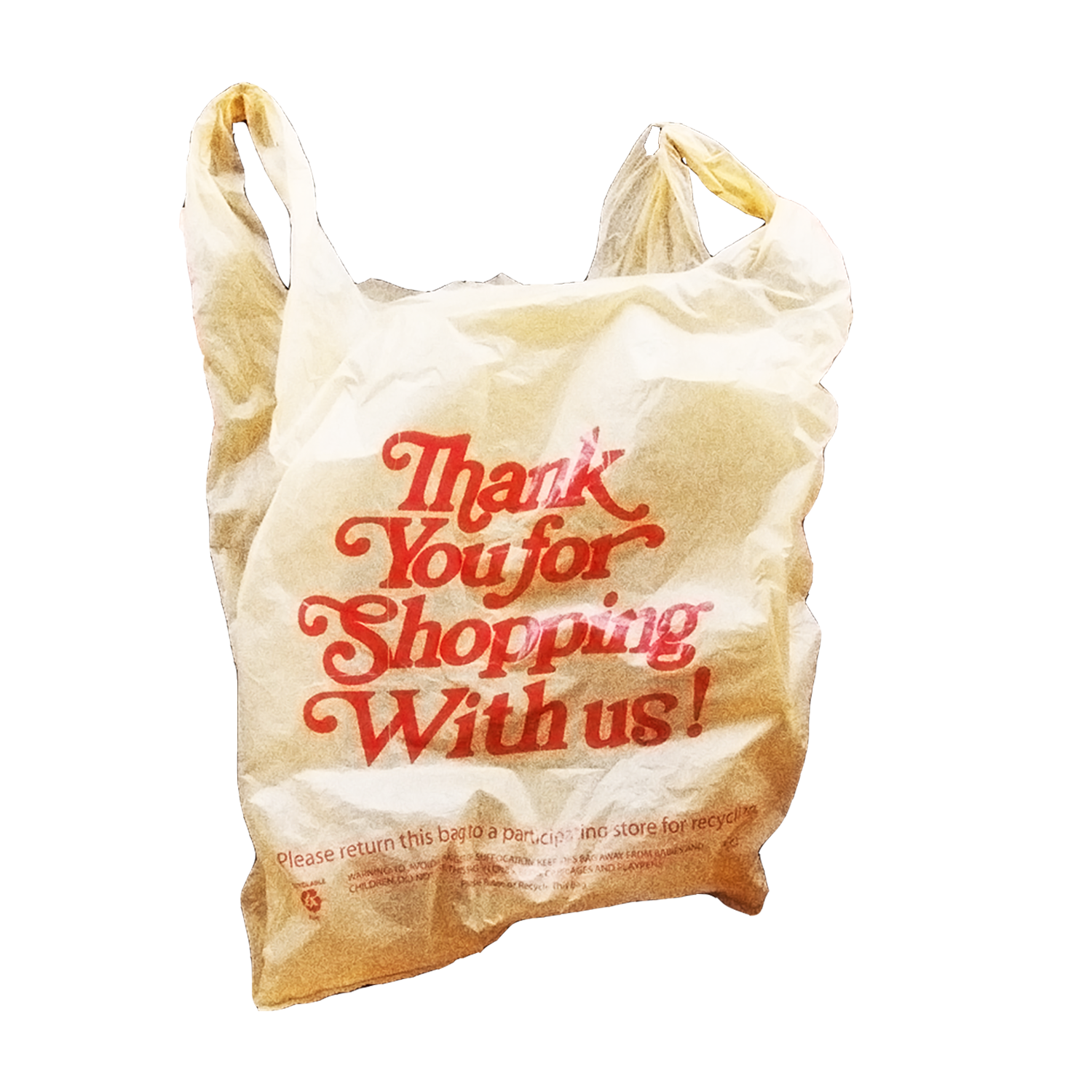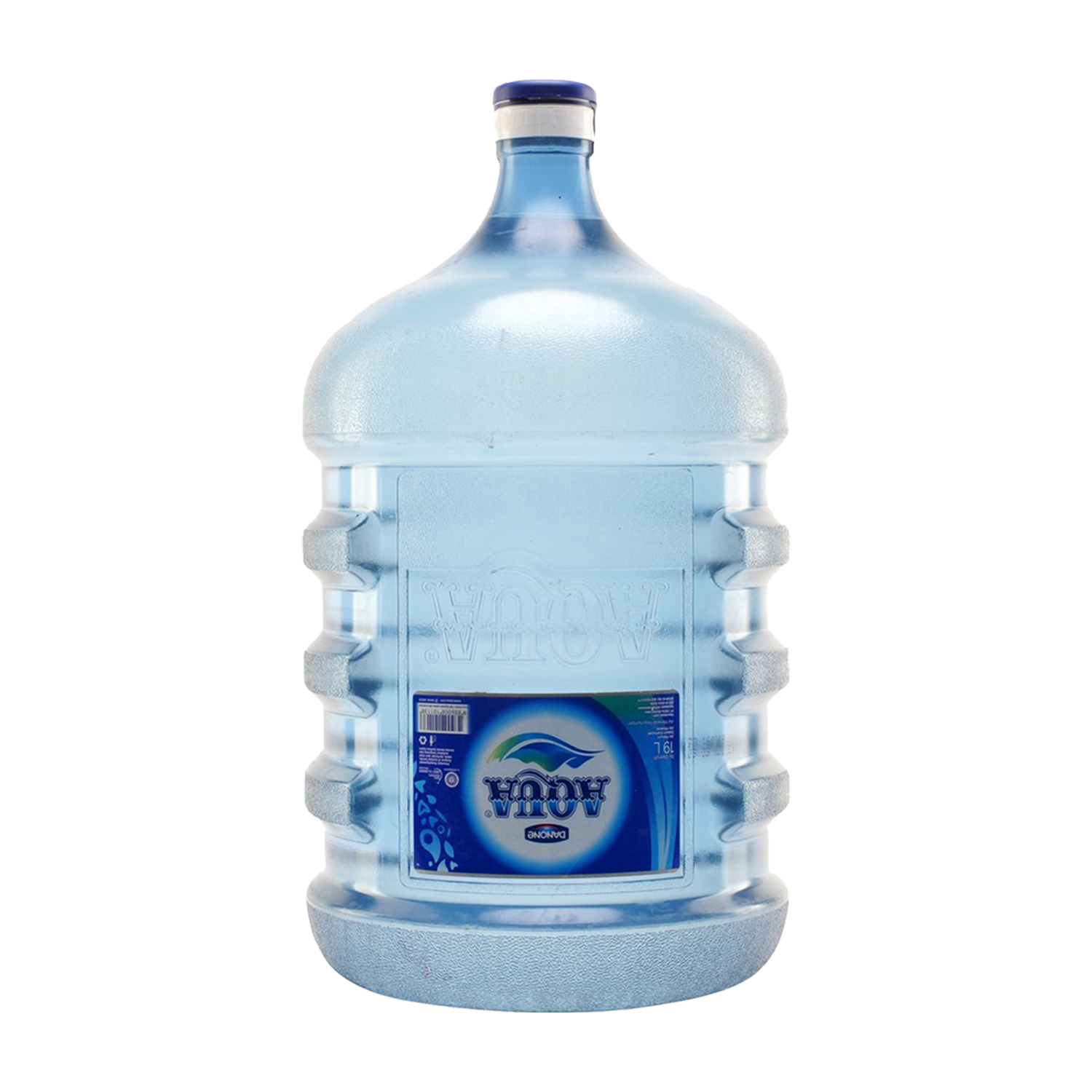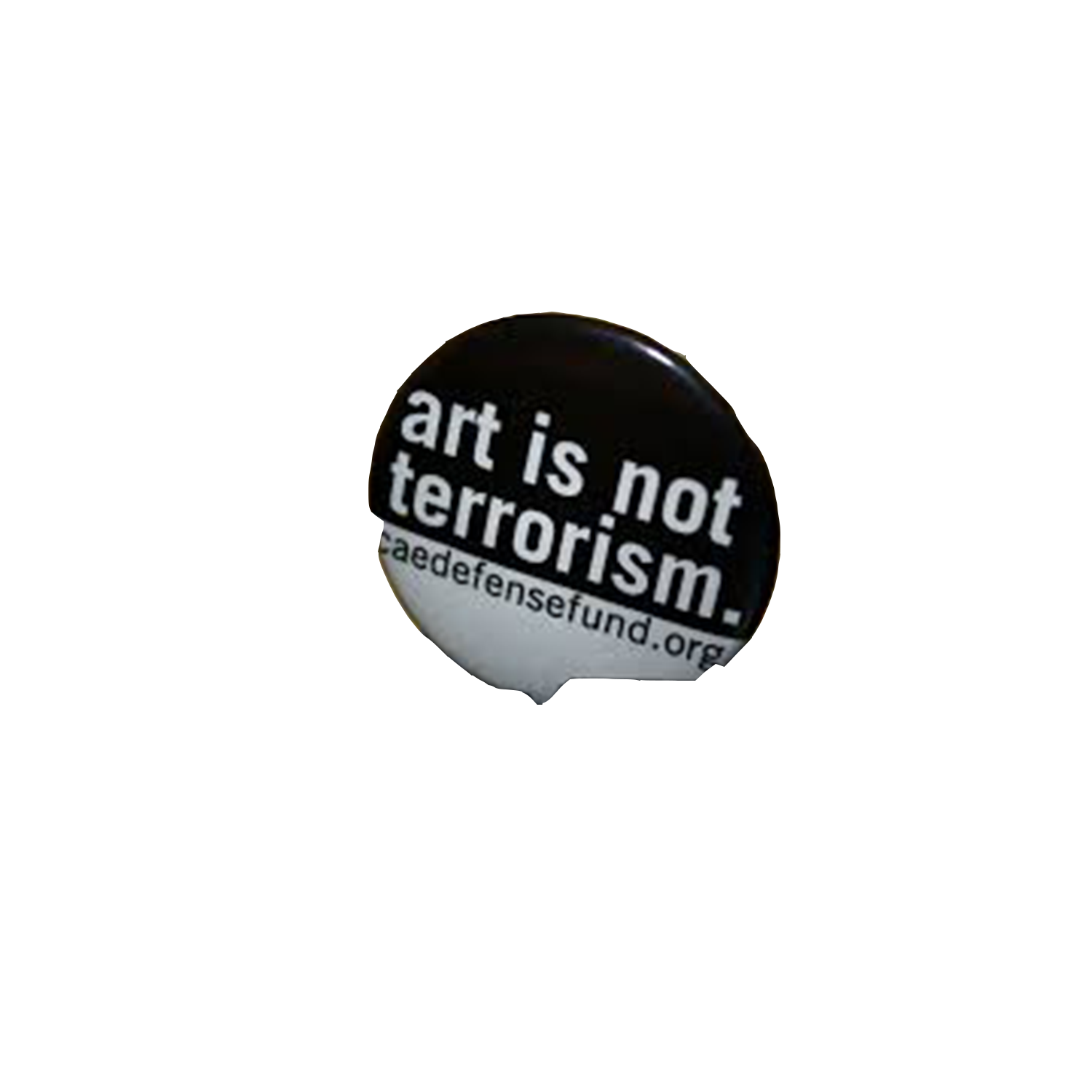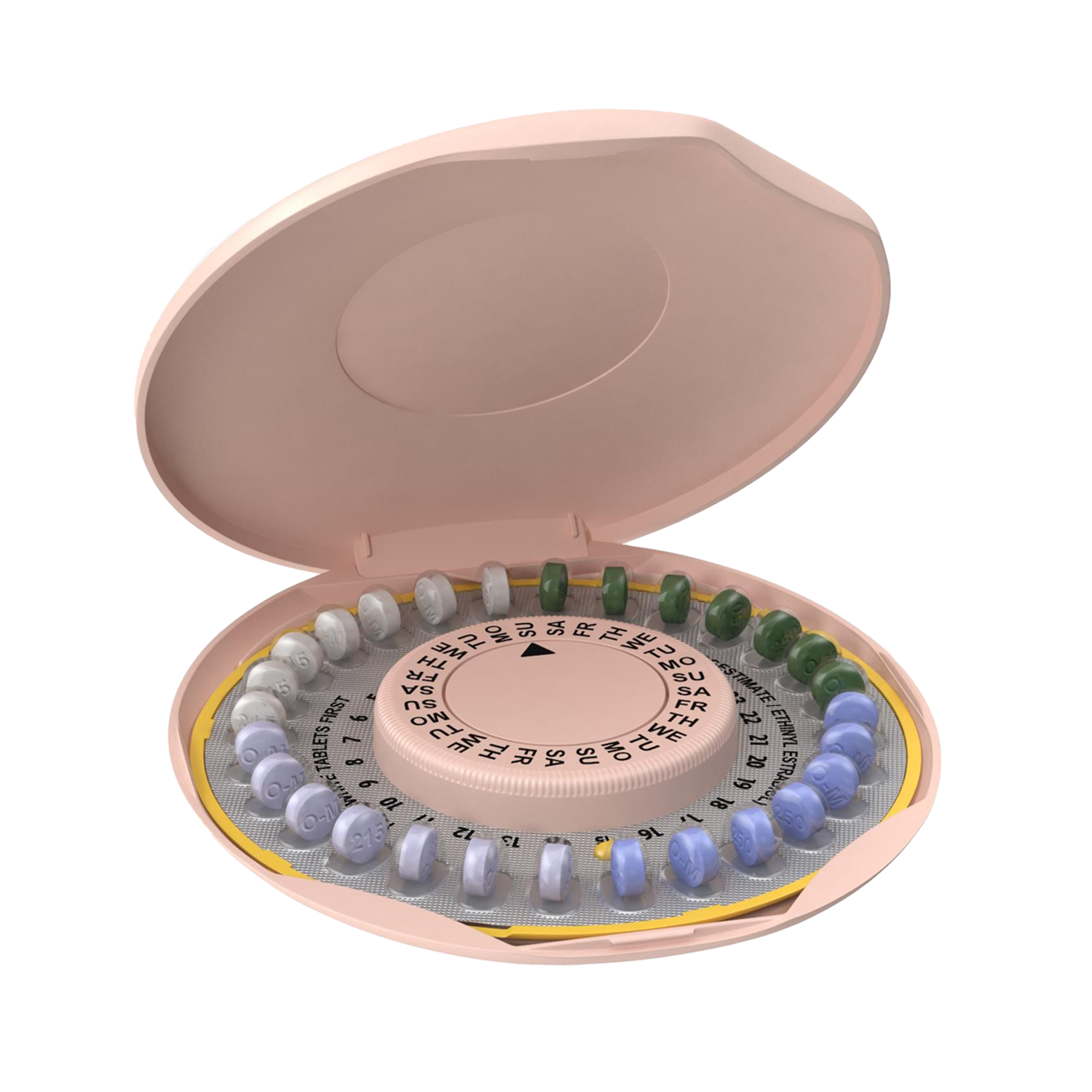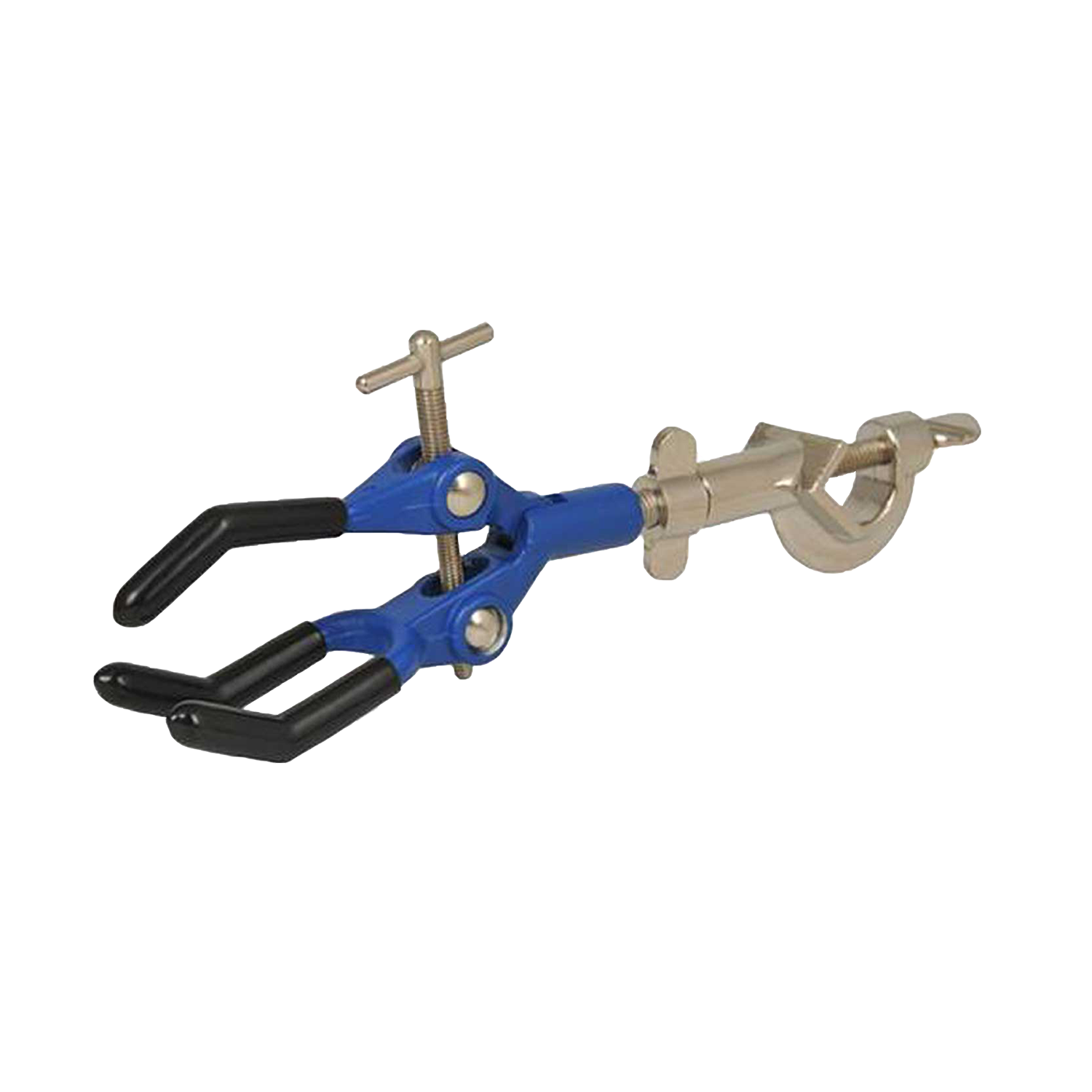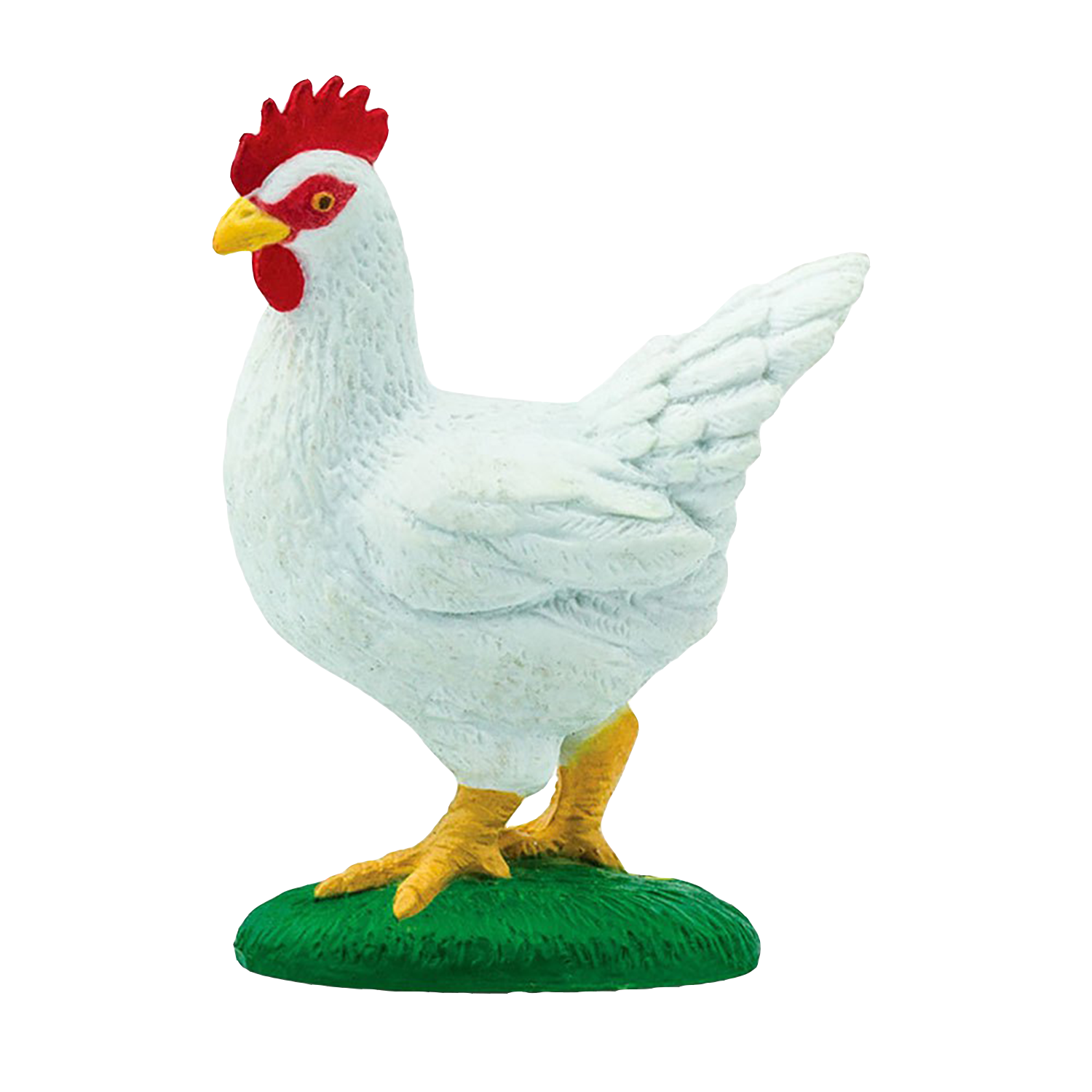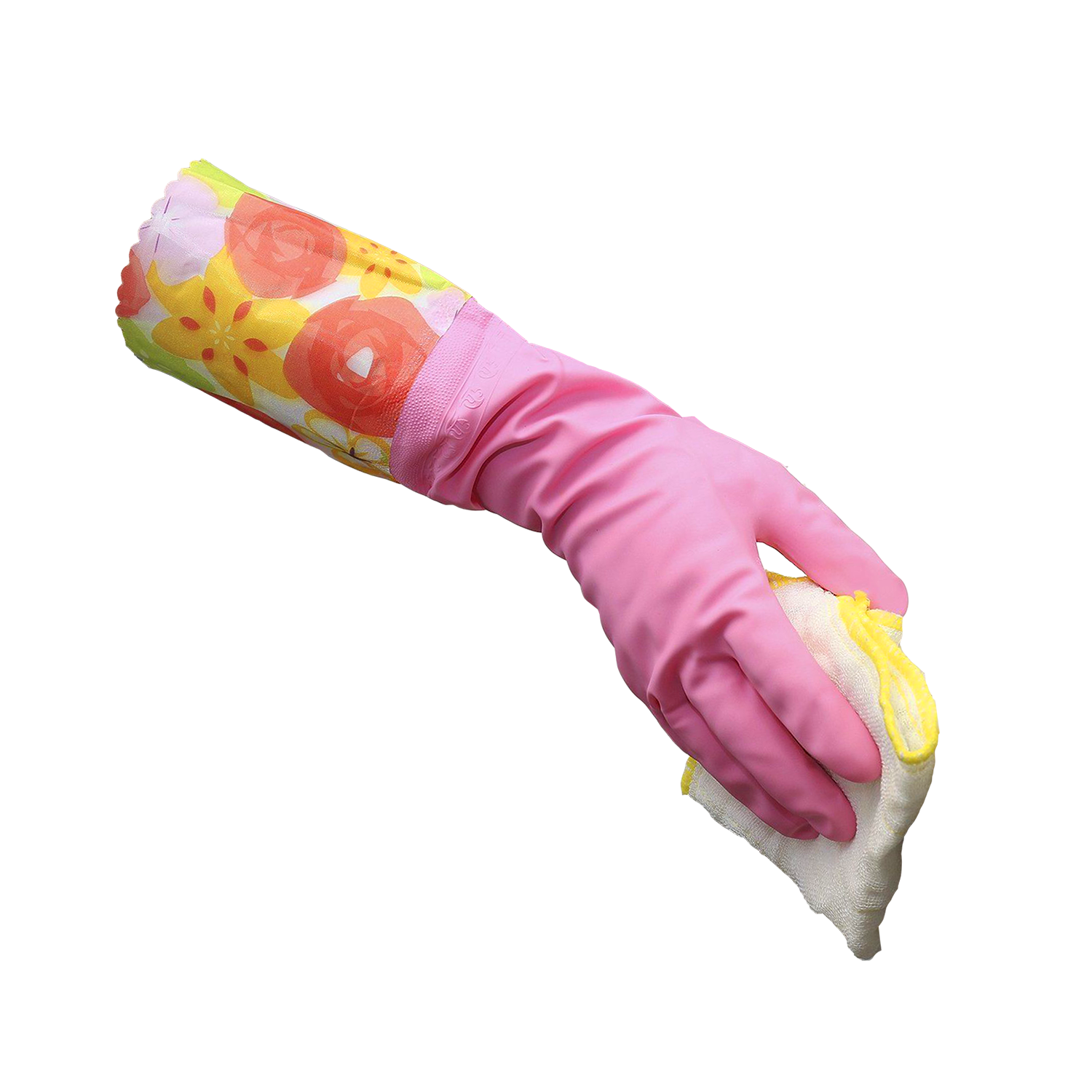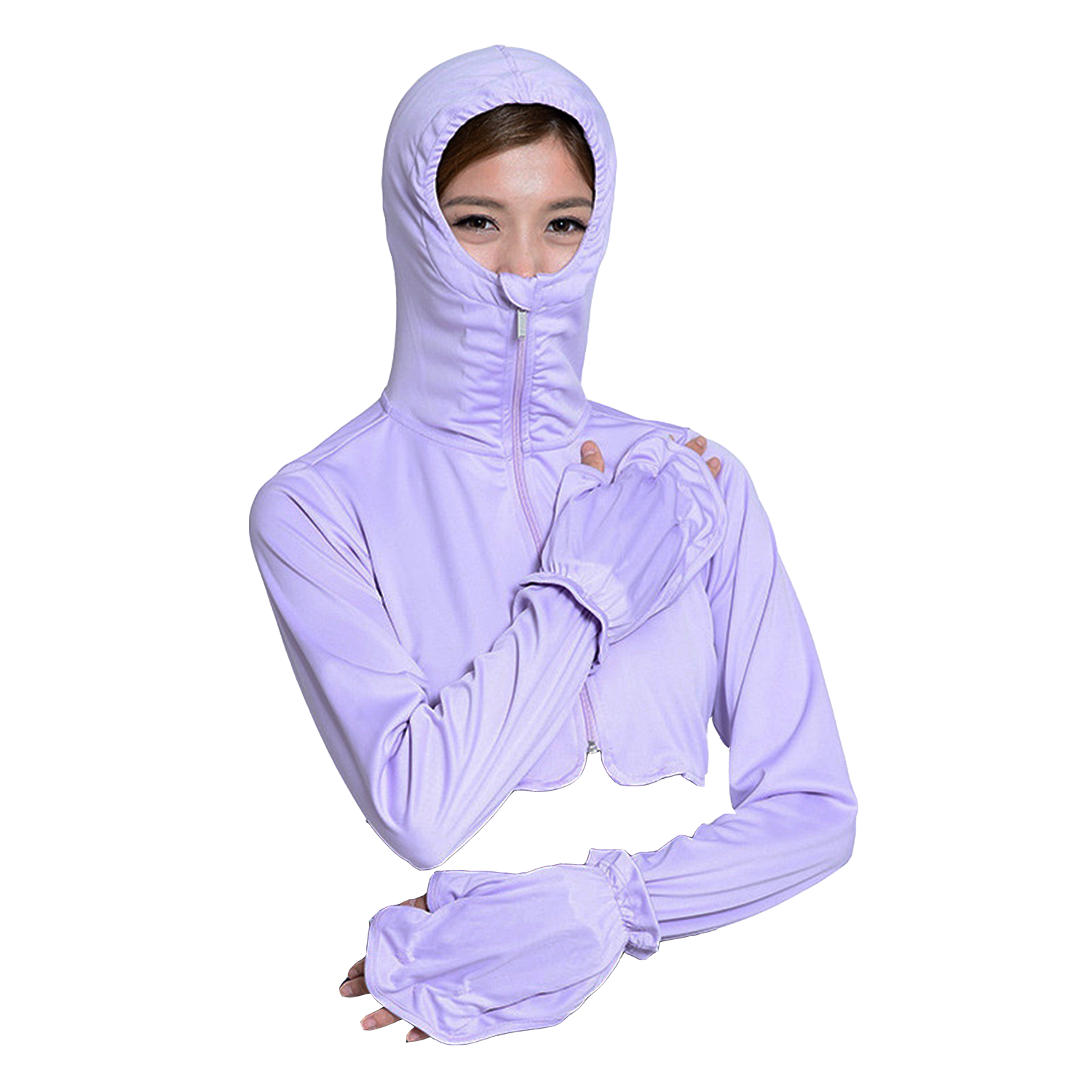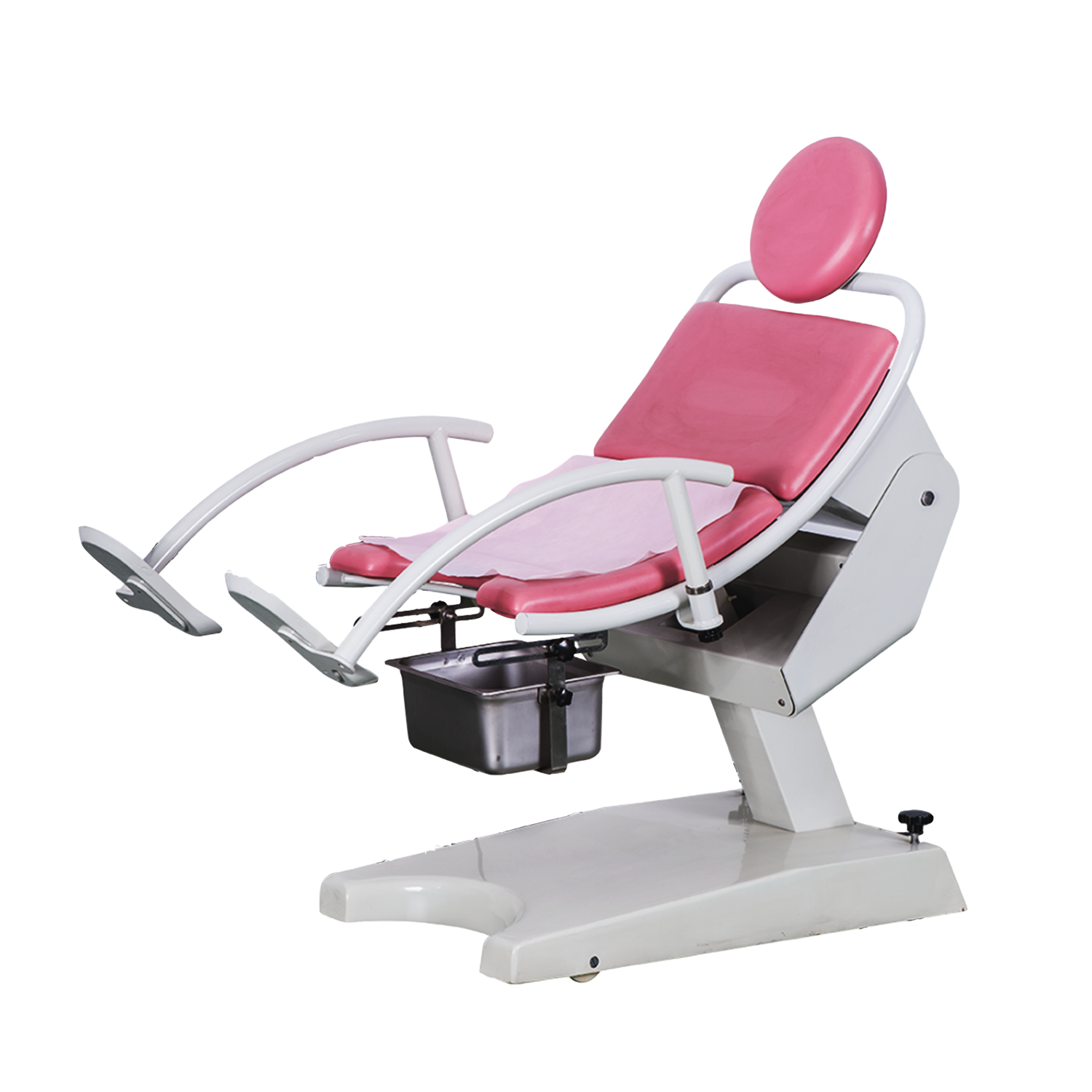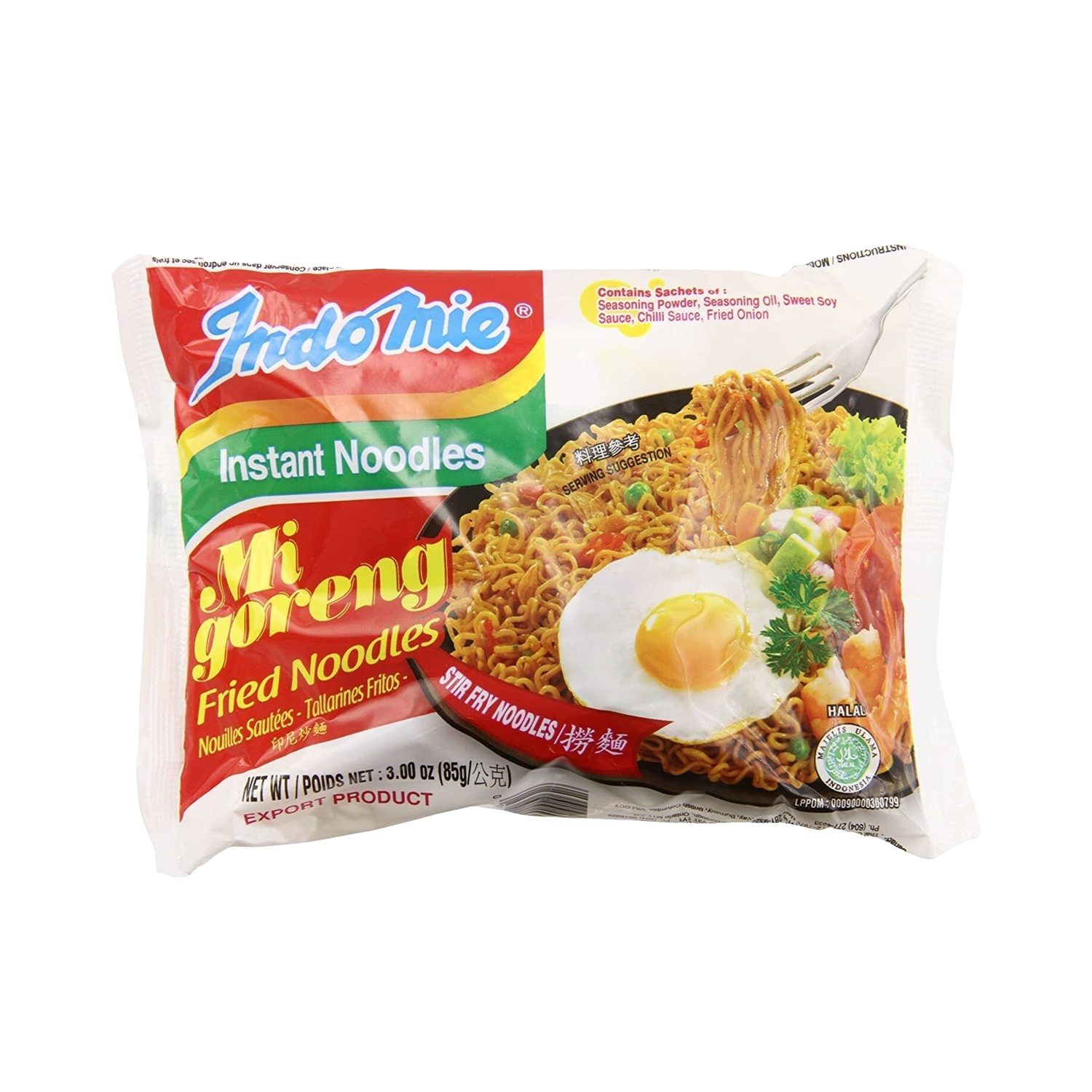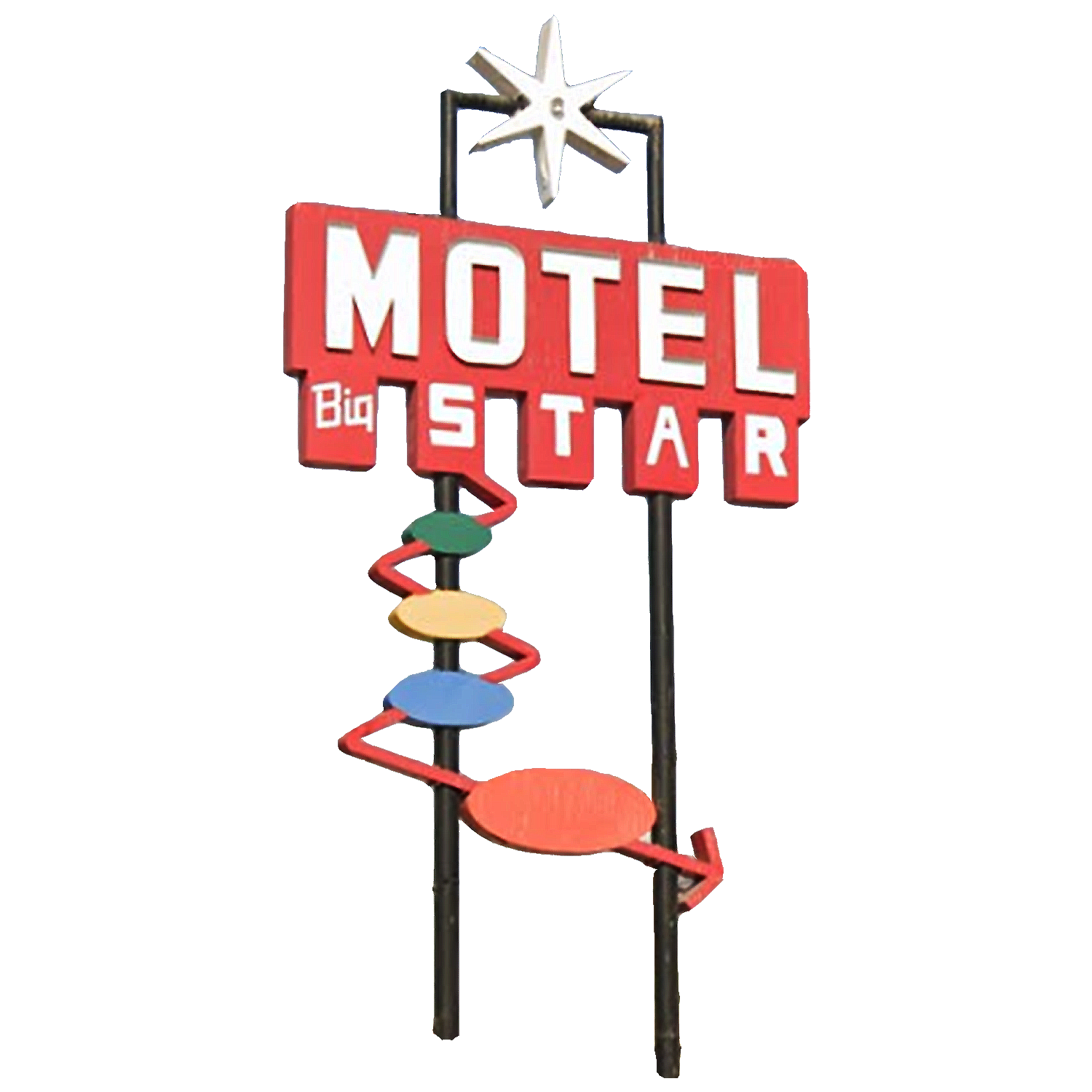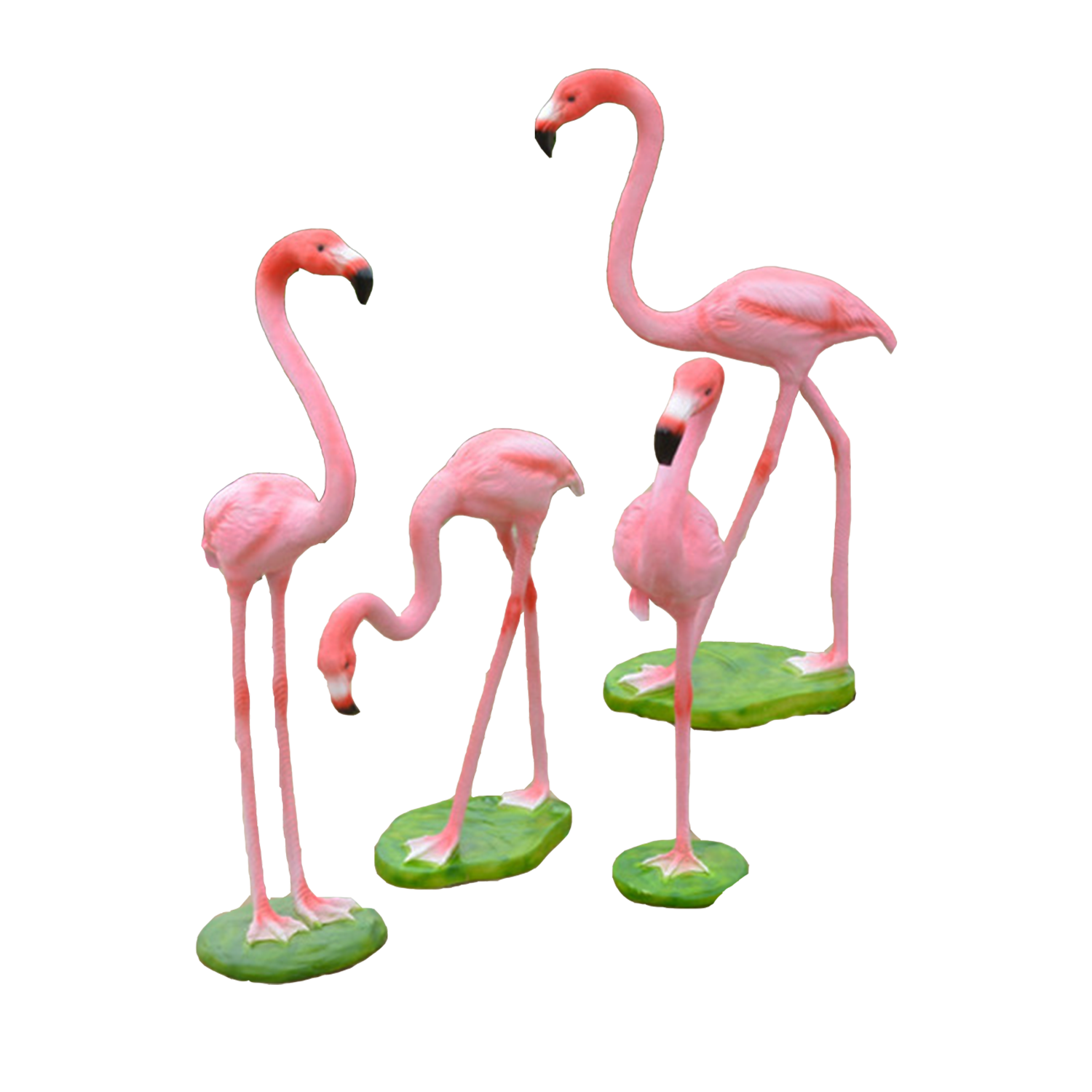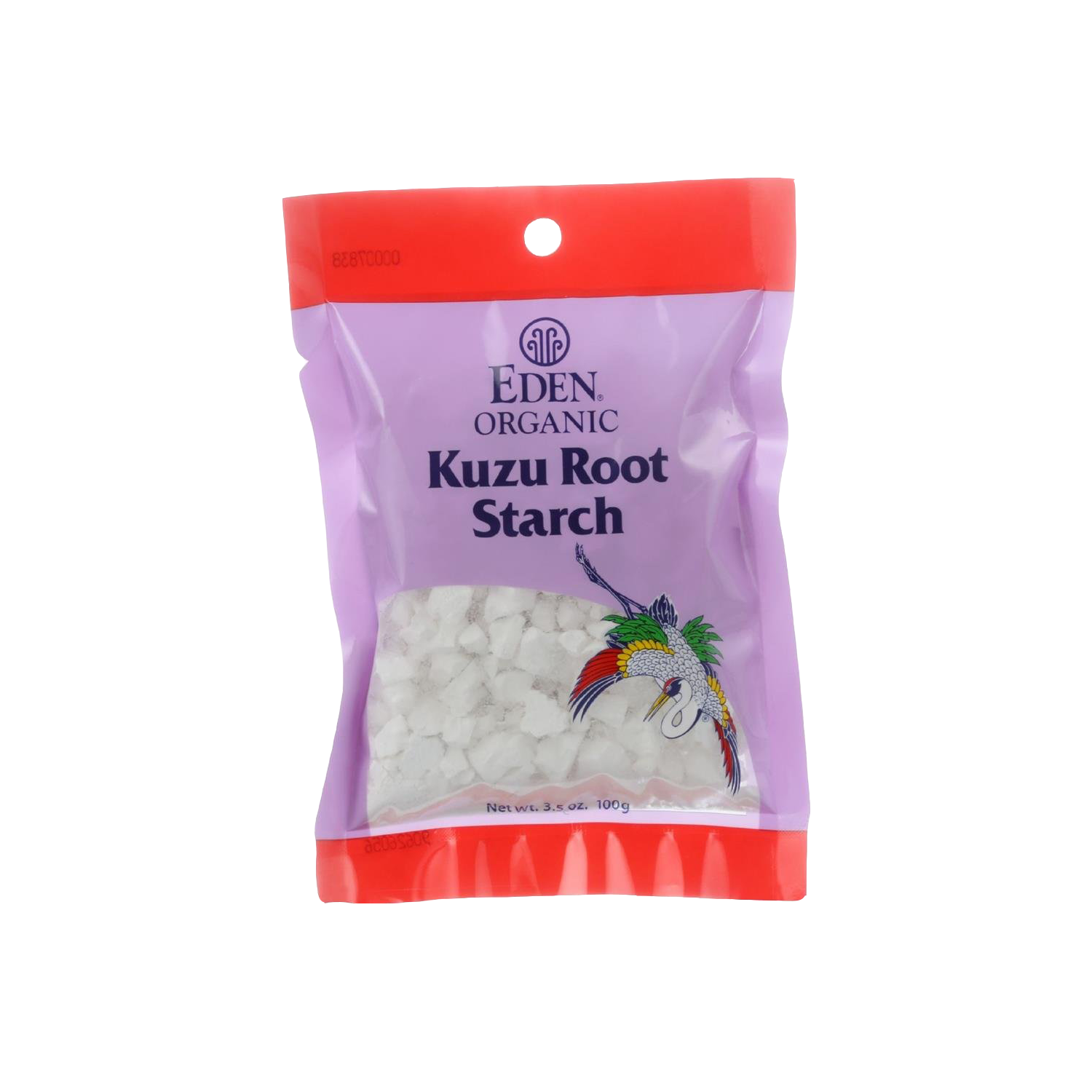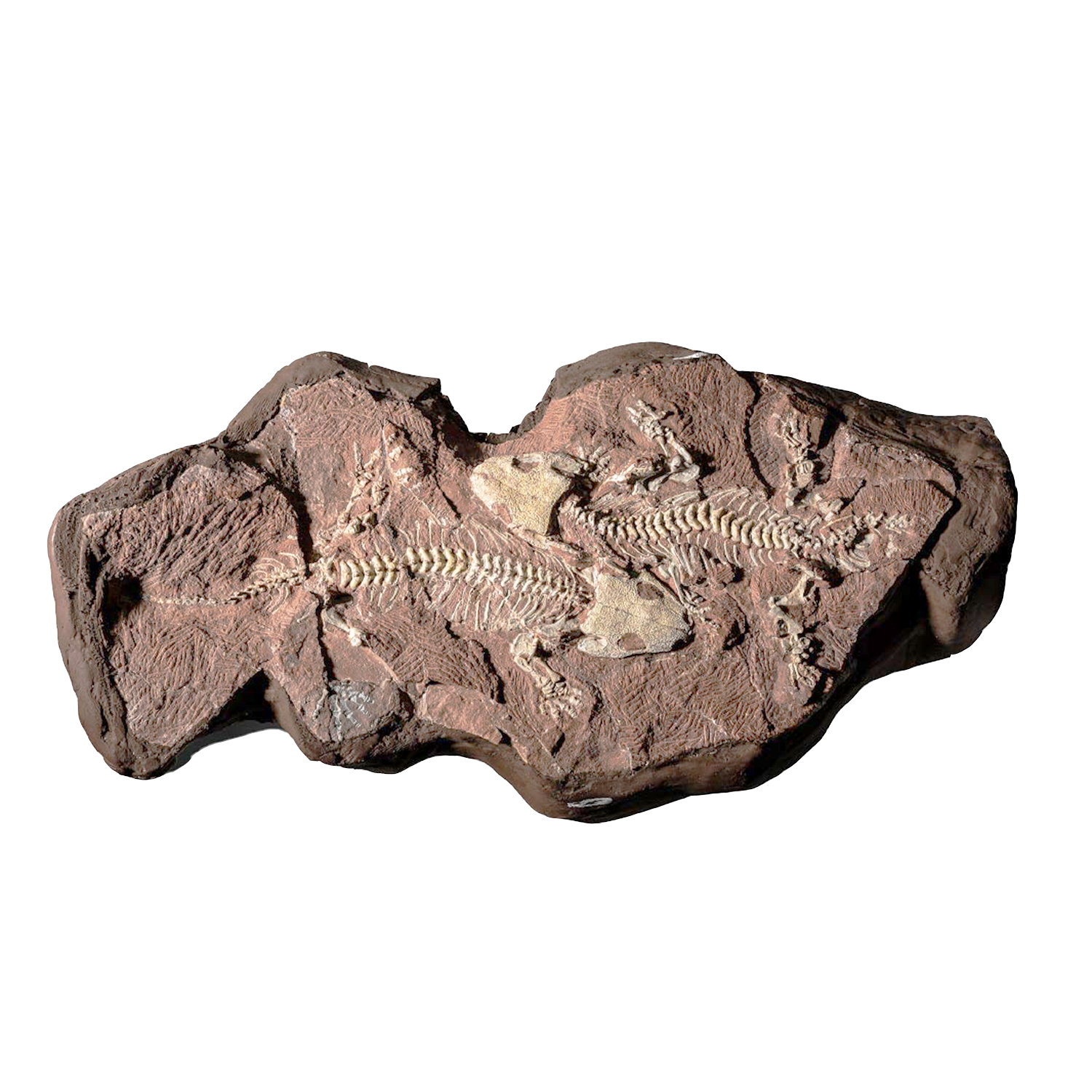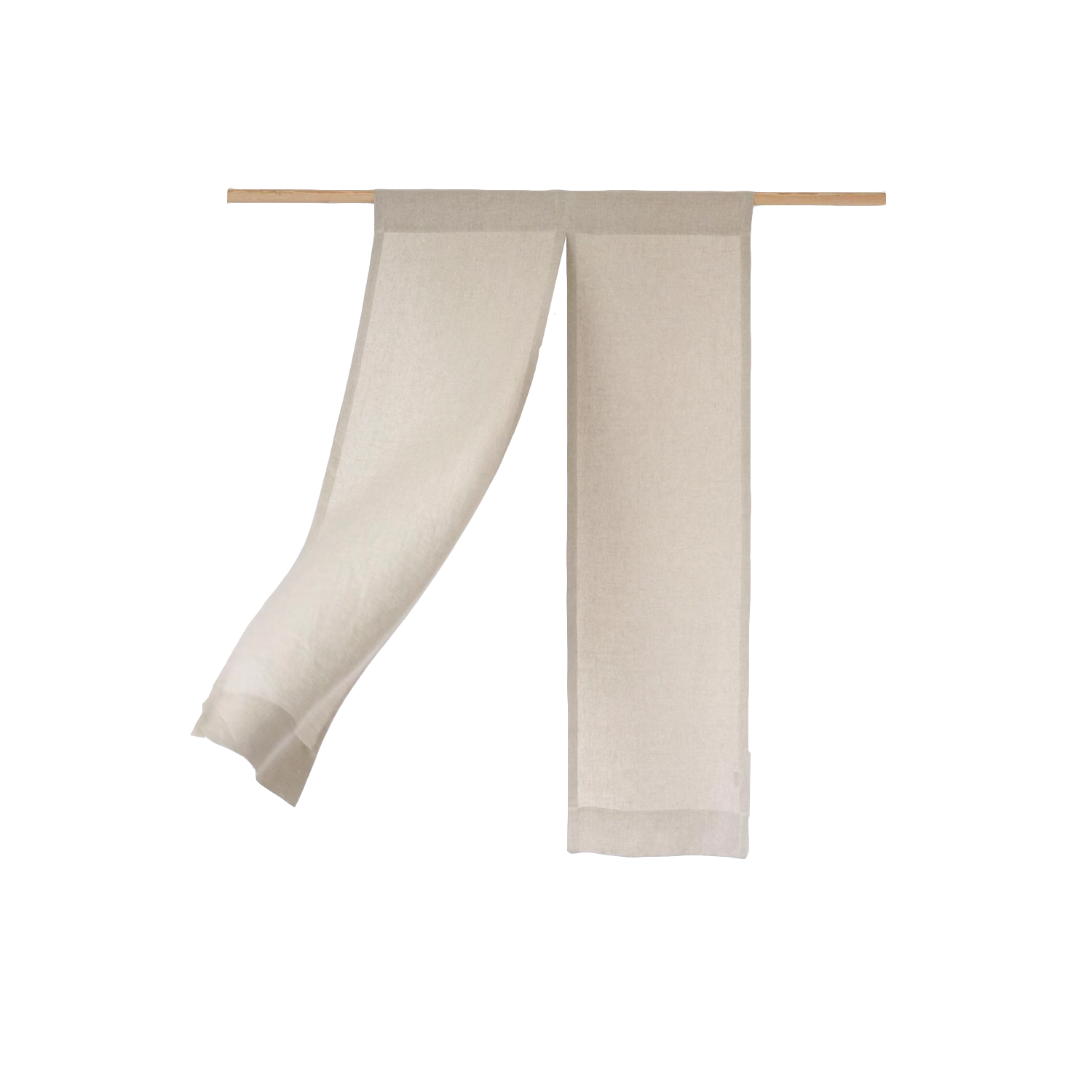DIYSECT
a documentary web-series on diybio and bioart
Initiated in 2013, DIYSECT focuses on the social, political, and philosophical implications of biotechnology. In collaboration with filmmaker Benj Welmond, we filmed and documented over 45 artists, biohackers, scientists, writers, curators, and synthetic biologists in the U.S. and Canada. We chose a web-series format to cover a wider range of topics and people, and also to increase the accessibility of the material. Our goal is to create a greater awareness on these emerging technologies, increase transdisciplinary dialogue between artists and scientists, and generate discussions on the use of biotechnology in our society and what this means for the average citizen and their future.
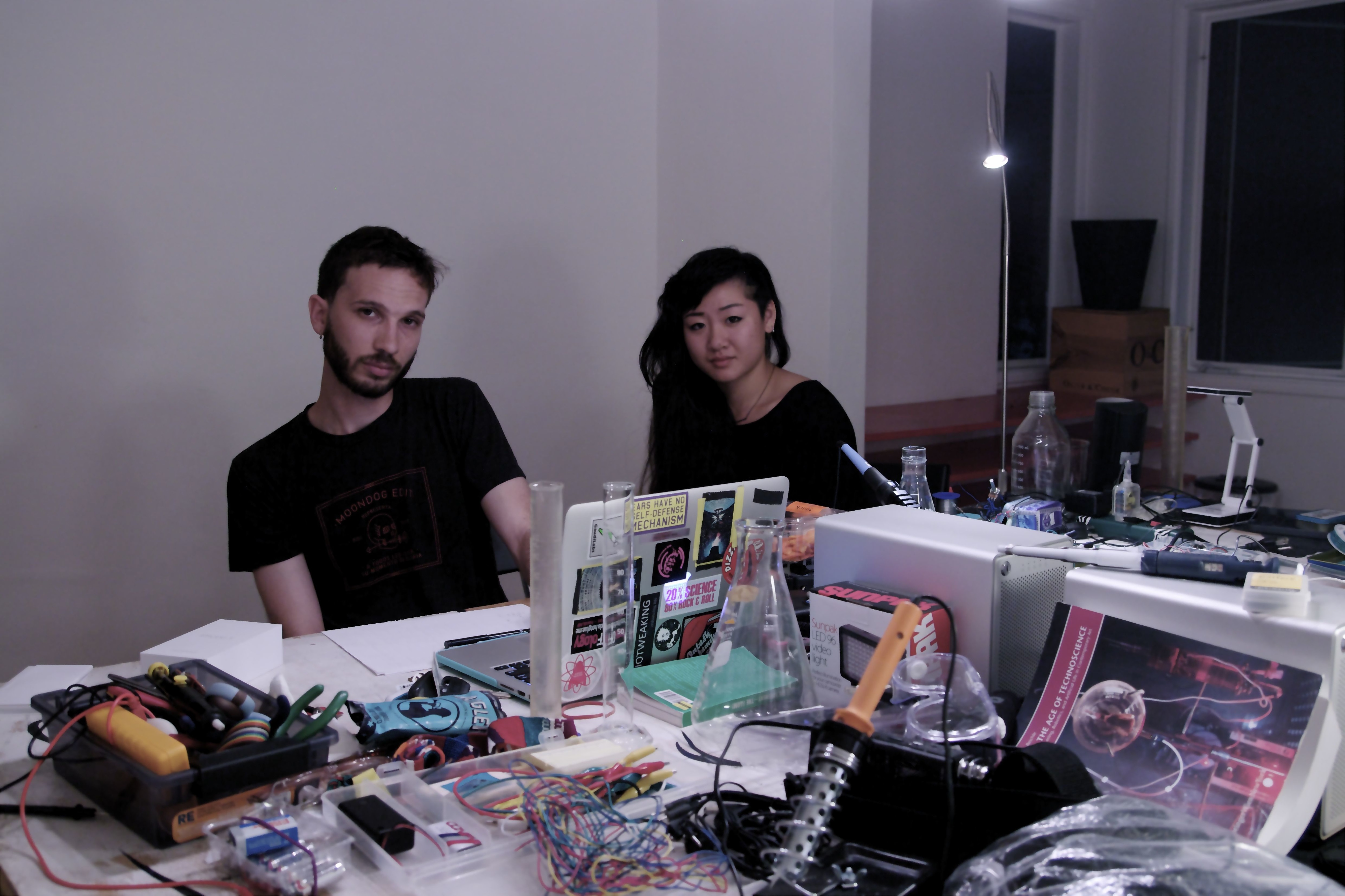
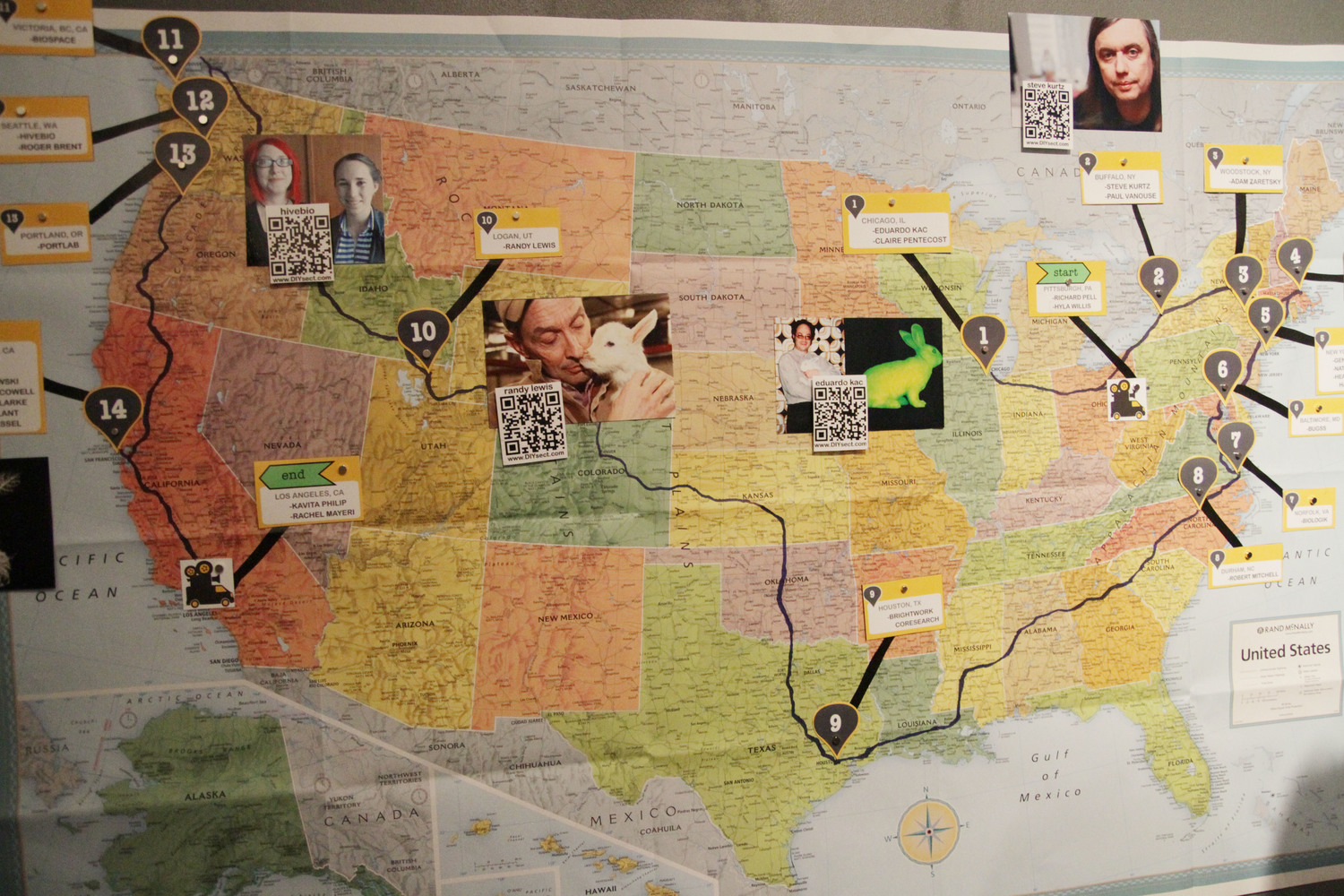
The non-utilitarian use of biological and biotechnological mediums by artists and citizen biologists has huge implications for the meaning of biopower today. Today’s applications of biotechnology can be seen as a modern form of biopower that reduces life to genetic information, life that is comprised of endless combinations of only four nucleotides. This malleable and highly mutable code of life necessitates political, economic, and social discussions outside of its purely scientific realm. These articulations are made through two main communities that create new meanings for practicing biotechnology in a neoliberalist society: bioartists and DIY biologists. The increasing use of biological mediums in art can be seen as a proliferation of biopower wherein the power lies in the artist’s refusal to be assimilated into utility. On the other hand, the DIYBio movement (founded by Jason Bobe and Mackenzie Cowell in 2008) embraces the “hacker ethic” which entails the open sharing of information and knowledge for the benefit of all. While artists have experimented with biotechnology long before the advent of the biology-influenced maker culture, the two groups offer and exemplify alternative applications of biopower that operate at the level of biocitizenship rather than bioregulation by the state. The DIYSECT web-series hopes to analyze the transformative roles that bioart and citizen biologists play in our rapidly advancing technocratic society.
EPISODES
"Learning in Public" is the first of seven episodes in the DIYSECT web-series. It features several community biolabs across the U.S. and Canada, and well as tactical performance artists from Critical Art Ensemble and subRosa. The subjects' works, motivations, and practices all have a central theme in common: the notion of public amateurism -- embracing hacker ethic, open experimentation, and learning together.
Shortlisted at The Biofiction Film Festival
Episode 2: Bioterror & Bioerror focuses on the FBI bioterrorism case against artist Steve Kurtz as well as the FBI's present relationship with the DIYBio community. The episode also tries to analyze society's paranoia on germ warfare, the media exaggerations that fuel it, and the myths and truths about the DIYBio community's potential to create a pathogen. Key words: FBI involvement, DIYBio regulatory environment, public fear & paranoia, bio-terrorism, media play on fear, media exaggerations, myths, debunking myths, biosafety "Bioterror & Bioerror" features: Jason Bobe (co-founder of DIYBio) Ellen Jorgensen (co-founder of Genspace community lab) Todd Kuiken (Synbio Project) Steve Kurtz (Critical Art Ensemble) Claire Pentecost (Artist) Rich Pell (Director of the Center for PostNatural History) and Michael Scroggins (writer & anthropologist).
The third episode of the DIYSECT web-series highlights discussions surrounding the emerging field of transgenics, and the artist and scientists who are provoking them. Synthetic Biology is making its way into the consumer market, evidenced by the Kickstarter-funded Glowing Plants project. This has created a backlash with technology watchdog groups like the ETC, who fear its release will have damaging effects on the environment. The episode also features artist Adam Zaretsky who uses performance to push the boundaries on what is commonly perceived as frightening and disgusting to the public in biotechnological advancements. His work takes advantage of its controversial nature to propel a wider discussion on what is ethical in the field of synthetic biology. The episode also looks at the public’s relationship with genetically modified organisms, and how corporate manipulation has created general mistrust in the public sphere.
Episode 4 Genocracy focuses on the recent advancements of genetic technologies as well as the socio-political and cultural implications that follow. The private company 23andMe offers a low cost, genetic testing product that markets itself as empowering the individual with his/her genetic data, even though they initially neglected to announce that they were actually reselling people’s genetic data to pharmaceutical companies. On the other hand, the Personal Genome Project sets a better example by offering a platform where an individual can donate their genetic and environmental data to a public domain, with full acknowledgment of the privacy risks. Artists Heather Dewey-Hagborg and Paul Vanouse also create projects that investigate the notion of genetic determinism that surrounds the language of genetics. The works of these artists (Stranger Visions and Latent Figure Protocol, respectively) challenge the validity, authority, and security of genetic profiling technologies.
The fifth episode of DIYSECT, Hybrid Practices gives a chronological outlook at the field of “bioart,” beginning with the pioneering works of Joe Davis and Eduardo Kac and ending with the merging of the field with DIYBio and biohacking at the present moment. The episode also includes the perspectives of writers and curators of bioart, such as Daniel Grushkin and Wythe Marschall of Cut/Paste/Grow, and Jurij Krpan of Kapelica Gallery in Ljubljana, who recognize the importance of DIYBio community labs as a facilitator of bioart production. As evident with the Hackteria | Open Source Biological Art network, the fusion of art production with DIY practice will enable more interdisciplinary approaches to working with biology.
The final and unofficial epidosde of DIYSECT, Witches of Calafou covers a 5 day gathering called Hack the Earth: Simbiotica, hosted by the residents of Calafou, an eco-industrial post-capitalist colony about one hour outside Barcelona. This short film highlights the workshops by the women and nonbinary practitioners of a philosophy of collective experimenting that lives in symbiosis with body, ecology, and the non-human. Featuring Paula Pin, Gaia Leandra, Klau Kinki, Sachiko Kana, Poussey Drama, and Fannie Sosa.

"I list possible methods of the artist in categories loosely corresponding to those of alienations: staging of scientific procedures in participatory theaters to provide experiences of the materiality of science; initiation across specialized knowledge fields enfranchises nonspecialists to author new narratives with a perspective on the real stakes involved; playing the amateur, the artist takes pains to find collaborators within scientific fields and /or consents to become a ‘thief’ of privatized knowledge in order to politicize or at least problematize this sequestering."
From Claire Pentecost "When Art Becomes Life Artist-Researchers and Biotechnology" (2007)

